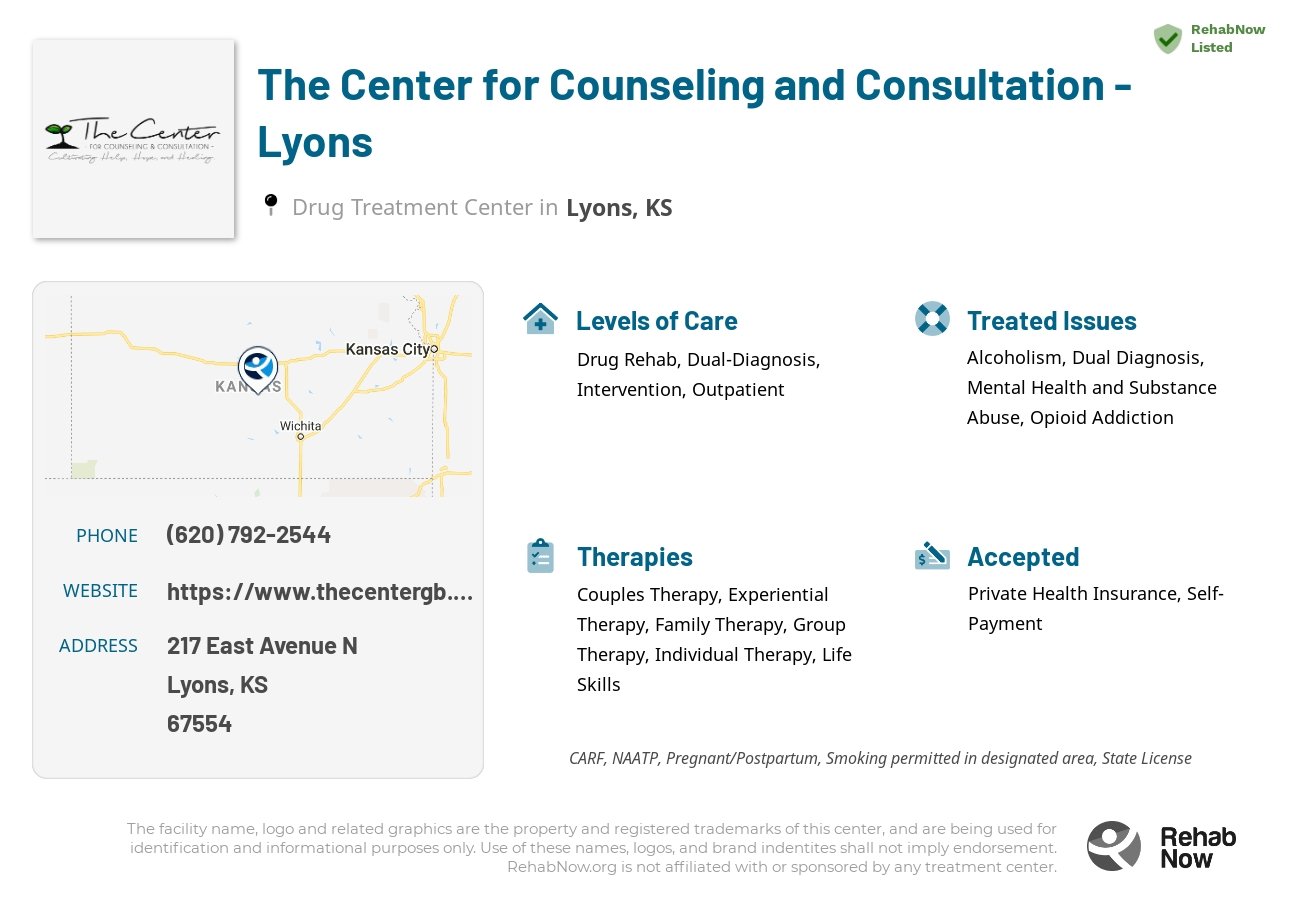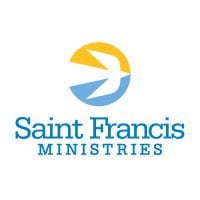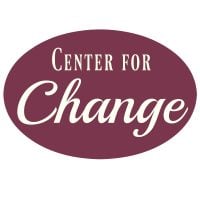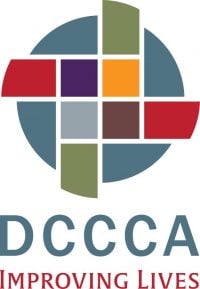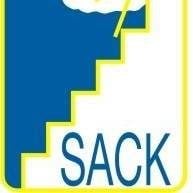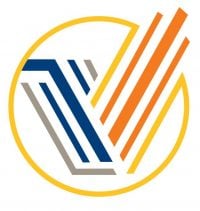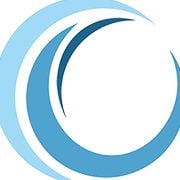The Center for Counseling and Consultation - Lyons
Drug Rehab Center in Lyons, Kansas
The Center for Counseling and Consultation - Lyons in Kansas offers holistic addiction and substance abuse recovery services, including individual and group therapy, aftercare, and recovery coaching with a focus on personalized, compassionate care.
About This Kansas Facility
The Center for Counseling and Consultation - Lyons is a rehabilitation facility located in Lyons, Kansas. It specializes in helping people struggling with addiction and substance abuse. The center offers a holistic, mind-body approach to treatment and recovery, as well as a variety of therapeutic and educational interventions to help individuals build the skills necessary to support recovery and relapse prevention. The staff at the Center consists of a wide range of certified professionals, including social workers, therapists, and psychiatrists, all of whom are committed to providing personalized, compassionate care.
At The Center for Counseling and Consultation - Lyons, individuals have access to a range of services designed to help them recover from addiction and substance abuse. These include individual and group therapy sessions, cognitive-behavioral therapy, family therapy, recovery coaching, and specialized programs such as intensive outpatient treatment and aftercare. Additionally, the center provides resources for individuals to learn about the disease of addiction and to find support for their recovery journeys.
The Center for Counseling and Consultation - Lyons is accredited by the Commission on Accreditation of Rehabilitation Facilities (CARF) and is licensed by the Kansas Department of Behavioral Health. Additionally, the center has earned the JCAHO Gold Seal of Approval, as well as a number of awards from the National Association of Addiction Treatment Providers (NAATP). Unique offerings include personalized recovery plans, recovery mentoring, and a “Recovery Library” containing information and resources about addiction and substance abuse.
Genders
Ages
Modality
Additional
Conditions and Issues Treated
Many people who struggle with opioid addiction need to attend specific programs like methadone , Suboxone or Vivitrol clinics.
These types of programs will provide the patient with legal, prescription medications that can help them overcome their cravings for illegal opioids like heroin or fentanyl . If the patient has a chronic condition like Hepatitis C, they must undergo treatment before they can begin taking these medications.
Dual Diagnosis refers to someone who is both dealing with addiction and another mental health issue.
There are different kinds of Dual Diagnosis: A person who simultaneously experiences both a mental illness and an addiction disorder. Or, a person who experiences one or more coexisting (simultaneous) mental health conditions in addition to a primary substance use disorder.
Some conditions that commonly co-occur with addiction include:
- Personality Disorders (Borderline, Narcissistic)
- Mood Disorders (Bipolar Disorder, Depression, Anxiety Disorder)
- PTSD (Post Traumatic Stress Disorder), OCD (Obsessive Compulsive Disorder), ADHD (Attention Deficit Hyperactivity Disorder)
- Schizophrenia, Psychosis, Hallucinations, Delusions
Levels of Care Offered at The Center for Counseling and Consultation - Lyons
This center offers a variety of custom treatment tailored to individual recovery. Currently available are Drug Rehab, Dual-Diagnosis, Intervention, Outpatient, with additional therapies available as listed below.
Outpatient treatment programs provide drug and alcohol addiction treatment through individual sessions with a counselor, group therapy, 12-step meetings, and other activities to help individuals gain sober living skills. Most programs are designed for those individuals who have completed a medically supervised detoxification program and provide opportunities for clients to begin the process of early recovery.
Outpatient programs also offer a level of medical support as needed and psychological backing through therapy. Clients are encouraged to live at home, though there may be some flexibility regarding this requirement based on the circumstances and needs of each patient.
Outpatient treatment is perhaps the most common type of dual diagnosis program available. It does not pose a significant financial burden on patients. However, it is essential to note that outpatient treatment does not provide the support and supervision given in residential programs. Some addicts may need this level of support to maintain their sobriety.
Intervention services are often the last resort for addicts. An intervention begins when family or friends gather to discuss how addiction has harmed their loved one’s life and why treatment is required to help them move forward into a healthy future. The discussion includes information on various treatments in case your loved ones agree that this is necessary at some point during the conversation.
Therapies & Programs
Therapy sessions focused on the individual addict can provide much-needed guidance as they work toward overcoming their addiction. These types of sessions typically involve guidance from a therapist, who will help addicts identify and process their feelings and cravings.
During these sessions, addicts may develop plans for coping with the triggers that typically lead to relapse and learn how to avoid those triggers during their recovery process.
If you are looking for drug recovery, couples therapy can be a great option. This type of therapy can help rebuild trust and joy in relationships that may have been damaged by addiction. It can also help reduce the dysfunctional behavior in a relationship that may trigger addiction. A patient’s partner will be involved in the process. They can also benefit from therapy, especially if they are trying to live with an addict.
The main goal of family therapy for drug addiction is to create an environment where communication can occur without judgment, hostility, or blame that often occurs within a family.
Family therapy is a type of group problem-solving that aims to improve communication and relationships between the patient, their family, and sometimes friends. The therapist is with the family as they learn to communicate with each other differently, especially with the addict when s/he is using.
The family can learn to reduce their enabling behavior or rally together and support each other during tough times. The patient also learns how to deal with their addiction and maintain sobriety while interacting with the family.
Different types of addiction treatment services are available. Within this article, group therapy is of interest due to its high success rate compared to individual therapy. Group therapy settings are beneficial because they allow recovering addicts to build a strong support network.
Benefits of group therapy are:
- Reduces feelings of isolation
- Immediate access to social support in the form of fellow addicts in recovery
- Lowers risk of relapse
- Increases rate of sobriety
- Builds coping skills that can be applied to everyday life
Those struggling with addiction in Kansas can benefit from learning certain life skills. It is not as simple as quitting drinking or taking drugs and thinking that the hard part is over. Being sober means living a whole new way of life. Many recovering addicts have found that they need to develop talents like time management, organization, communication skills, socialization skills, and self-esteem to make their life in sobriety work.
Drug and alcohol addiction can lead to a breakdown in life skills. Learning certain life skills can help those who are struggling with addiction. Life skills training at The Center for Counseling and Consultation - Lyons in Lyons, KS teaches patients skills such as time management, budgeting, and social abilities to improve their quality of life and prevent relapse.
An addict’s life skills are maladaptive, meaning they are counterproductive. An addict may have learned poor time management skills growing up, have a hard time budgeting money, or be socially awkward. An addict’s poor life skills can lead to relapse and the inability to achieve long-term sobriety. Life skills training teaches patients effective coping mechanisms, which can help them live a clean and sober life.
Patient Experience
Experiential Therapy at The Center for Counseling and Consultation - Lyons
Experiential therapy is a form of psychotherapy where patients are asked to engage in activities such as role-play, poetry writing, music composition, exercising, or journaling to help process intense feelings. The aim of the therapy is to help patients access deeper, often hidden emotions by helping them explore their own body and mind.
Payment Options Accepted
For specific insurance or payment methods please contact us.
Is your insurance accepted?
Ask an expert, call (888) 674-0062
The Center for Counseling and Consultation Associated Centers
Discover treatment facilities under the same provider.
- The Center for Counseling and Consultation - Great Bend in Great Bend, KS
- The Center for Counseling and Consultation - Larned in Larned, KS
- The Center for Counseling and Consultation - Saint John in Saint John, KS
Learn More About The Center for Counseling and Consultation Centers
Additional Details
Specifics, location, and helpful extra information.
Lyons, Kansas 67554 Phone Number(620) 792-2544 Meta DetailsUpdated November 25, 2023
Staff Verified
Patient Reviews
There are no reviews yet. Be the first one to write one.
Lyons, Kansas Addiction Information
About 42% of adults in Kansas have tried an illicit drug at some point in their lives. 12.4% of the state population uses illegal drugs and 4.5% abuse alcohol in a given year. 15.16% of all deaths in Kansas between 2008 and 2017 were caused by either drugs or alcohol.
Treatment in Nearby Cities
- Medicine Lodge, KS (76.7 mi.)
- Goddard, KS (58.5 mi.)
- Manhattan, KS (105.2 mi.)
- Oskaloosa, KS (167.0 mi.)
- Derby, KS (75.2 mi.)
Centers near The Center for Counseling and Consultation - Lyons
The facility name, logo and brand are the property and registered trademarks of The Center for Counseling and Consultation - Lyons, and are being used for identification and informational purposes only. Use of these names, logos and brands shall not imply endorsement. RehabNow.org is not affiliated with or sponsored by The Center for Counseling and Consultation - Lyons.


